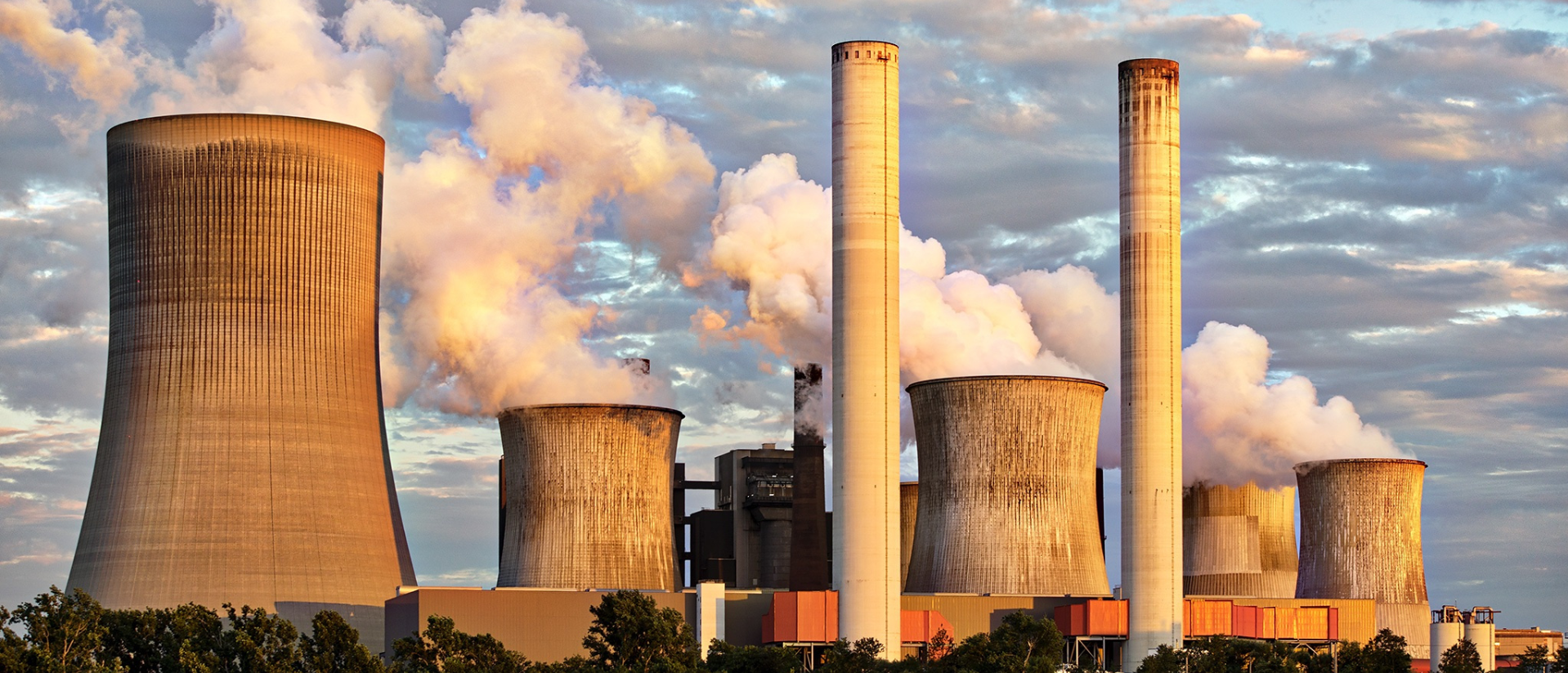In an era where sustainability is not just a buzzword but a necessary approach to industry and energy production, charcoal factories are stepping up to the plate, demonstrating how traditional resources can be transformed in environmentally friendly and innovative ways. The role of the charcoal factory in the modern world goes beyond merely producing an ancient form of fuel; it’s about revolutionizing the way we think about energy, waste, and environmental responsibility.
The Evolution of the Charcoal Factory
Charcoal has been used as a fuel source for thousands of years, but the methods of its production have significantly evolved. Today’s charcoal factories are a far cry from the traditional pits or kilns; they are now sophisticated facilities that prioritize efficiency, sustainability, and the minimization of environmental impact. This evolution is driven by a combination of technological advancements and a growing awareness of the need for greener production practices.
Modern charcoal factories employ techniques such as pyrolysis, which is the heating of organic material in the absence of oxygen. This method significantly reduces the emission of harmful gases, making charcoal production much cleaner. Additionally, many factories are now using biomass waste products as a raw material, turning agricultural leftovers, wood scraps, and other organic wastes into valuable charcoal, thus contributing to a circular economy.
The Charcoal Factory’s Environmental Impact
The environmental benefits of modern charcoal production are significant. By utilizing waste materials, charcoal factories help reduce landfill mass and the methane emissions associated with decomposition. Moreover, the energy contained in the produced charcoal comes from a renewable source, as opposed to fossil fuels, making it a more sustainable option for heating and cooking.
However, the sustainability of charcoal production also depends on responsible sourcing and manufacturing practices. Certifications such as the Forest Stewardship Council (FSC) ensure that the wood used in charcoal production is sourced from responsibly managed forests, further minimizing the ecological footprint of this industry.
Charcoal Factory Innovations
Innovation is key to the charcoal factory’s role in sustainable energy production. Some factories are integrating solar energy to power their operations, reducing their reliance on fossil fuels. Others are exploring the production of biochar, a type of charcoal that can improve soil health and sequester carbon, thereby fighting climate change.
The Future of Charcoal Factories
As the world continues to search for sustainable energy solutions, the charcoal factory stands as a testament to the potential of combining traditional resources with modern technology. The future of charcoal production is not just in creating a cleaner, greener fuel but in contributing to a broader sustainability agenda that includes waste reduction, carbon sequestration, and the support of sustainable forestry practices.
